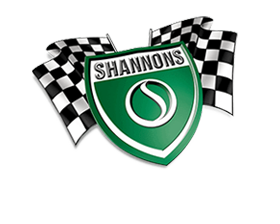c1986 Autocraft Speedway Race Car
Result: PASSED IN
Specifications
| Engine | In-line four-cylinder, 2600cc |
|---|---|
| Gearbox | Direct Drive |
| Body Work | Race Car |
| Interior | Alloy |
| Trim | Red Vinyl Padding |
| Wheels | Cast Alloy |
| Brakes | One disc on front |
Description
Sprint car racing can trace its origins back to the earliest dirt track cars, usually home-made specials built around Model T Ford components. Racing on horse tracks eventually gave way to purpose-built ovals and the cars gradually became more sophisticated, with the likes of Miller and Offenhauser turning production engines and other components into highly specialized and increasingly expensive machinery. As a result, more affordable Midget racing emerged in the 1930s, while the classic flathead V8 became the dominant force in the early post-war years, followed by the small block Chevrolet V8 in the 1960s. As speeds increased, the need for extra safety saw the development of the cage roll bar, while wide tyres and aerodynamic aids became the norm in the 1970s with the advent of the winged era. Sprint car racing became a breeding ground for many top drivers including the likes of Mario Andretti, A J Foyt, Jeff Gordon and Tony Stewart and remains one of the most popular grass roots forms of motorsport in North America and elsewhere, including here in Australia. The Historic Speedway Association of Australia caters for classic sprint car owners with an active membership and regular events at tracks around the country.




















